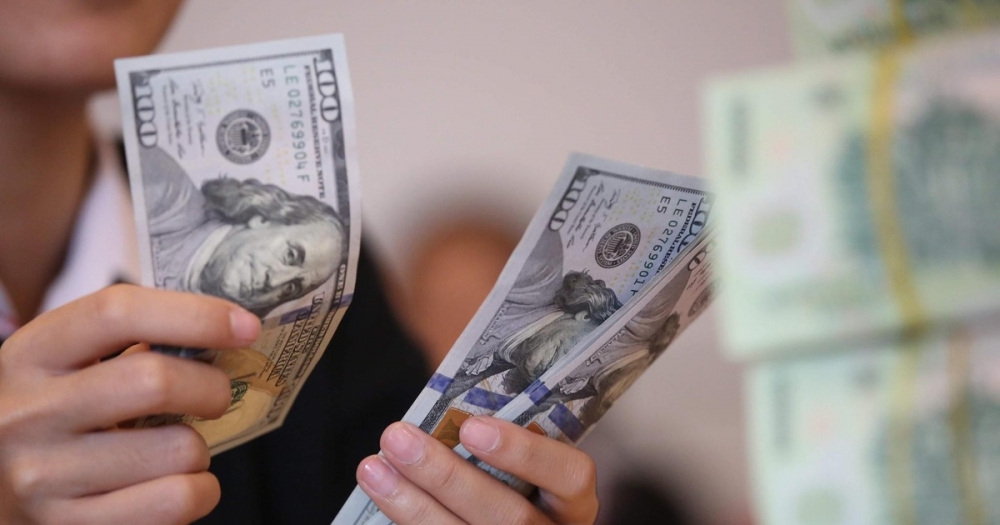Should foreign currency loans be loosened?
Some argue that the State Bank of Vietnam (SBV) could promote foreign currency loans to relieve pressure on VND loans, so helping to lower VND interest rates.

Vietnam banks are only permitted to provide foreign currency loans in some cases
>> Low credit growth, reducing profit put pressure on bank prospects in 2023
Although the SBV does not disclose outstanding foreign currency loans, the limit ed number of subjects eligible for foreign currency loans reflects the growth of foreign currency loans.
Proposal to expand foreign currency borrowers
Credit institutions are only permitted to provide foreign currency loans in the following circumstances, according to current regulations:
First, short-term loans to pay for imported products and services in order to implement plans to produce and trade items to meet local demands when the borrower has sufficient foreign currency from production and business earnings to repay loans.
Second, short-term loans to pay for imported products and services when the borrower has sufficient foreign currency from manufacturing and business earnings to repay loans.
Third, granting medium and long-term loans to pay for imported products and services when the borrower has adequate foreign currency to repay the loan through production and company earnings.
Fourth, short-term loans to petroleum importers who have been granted yearly petroleum import restrictions by the Ministry of Industry and Trade to pay for petroleum imports overseas when they lack or do not have sufficient foreign currency earnings from production and commercial operations to repay loans.
Fifth, short-term loans to satisfy domestic capital needs in order to carry out plans to produce and sell items for export through Vietnam border gates, when the borrower has sufficient foreign currency from export earnings to repay the loan. When a credit institution or foreign bank branch disburses a loan, the borrower must sell the foreign currency revenue to them in spot transactions, unless the borrowers require foreign currency to perform payment transactions that are required by law to be done in foreign currency.
Sixth, granting loans to invest in foreign projects approved by the National Assembly or the Prime Minister and licensed by the Ministry of Planning and Investment.
In the context of slow credit growth, various recommendations have been made to broaden subjects eligible for foreign currency loans in order to boost credit growth, alleviate pressure on VND loans, and support banks to further cut VND loan rates.
>> How to inject credit into the economy
Be careful of the benefits and harms
Governor of the State Bank of Vietnam Nguyen Thi Hong stated during a recent Government meeting that the exchange rate is now growing by roughly 3% compared to early 2023. When this exchange rate fluctuation is taken into account, foreign currency loans are not always cheaper than VND loan rates.
Furthermore, overnight interbank rates in VND are now relatively low, about 0.15%, but overnight interbank rates in USD may reach well over 5%. This also provides some insight into the picture of foreign currency loan rates.
As a result, expanding foreign currency lending subjects may not always result in lower VND loan rates. Not to note that lowering VND interest rates is merely a required condition for credit growth; the sufficient requirement remains the necessity to open up output for manufacturing and business. "Even though interest rates have decreased further, stagned production output will cause businesses not to care about bank loans," an economist said.
Meanwhile, the dramatic decrease in VND interest rates, while USD interest rates in the global market are rising, has put significant pressure on USD/VND rates. If we broaden the subjects eligible for foreign currency loans, the USD/VND rate will face even greater pressure. The SBV has attempted to remove this by progressively shifting loans to foreign currency purchasing and selling operations.










